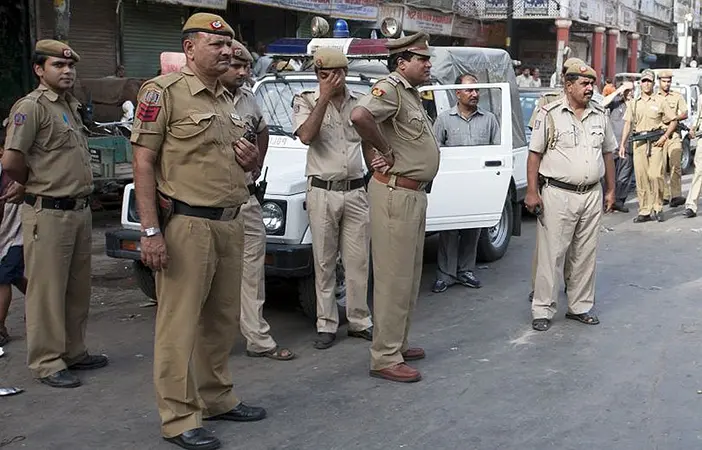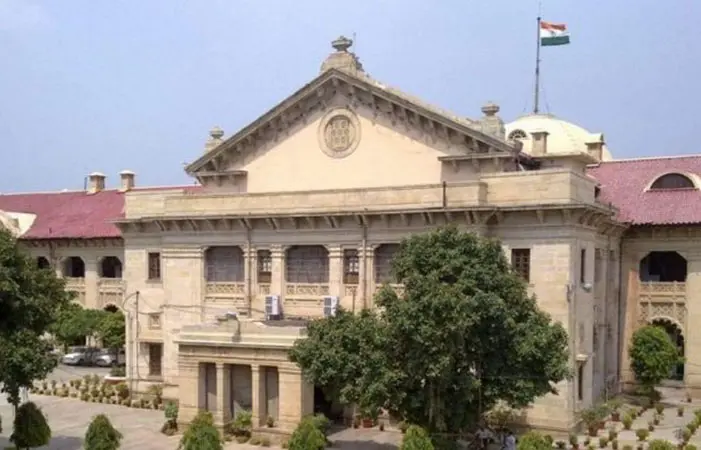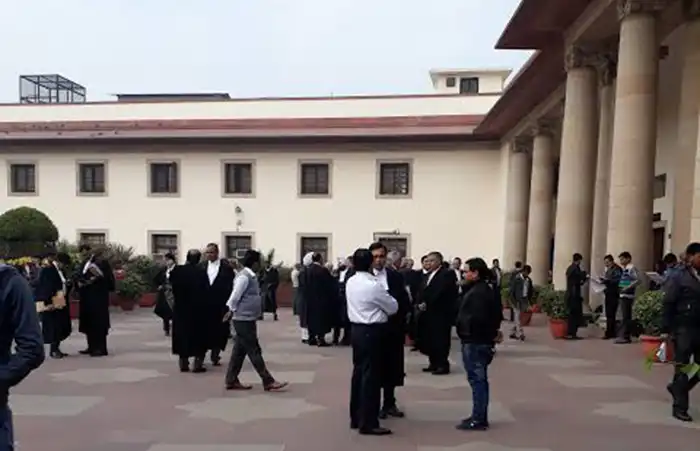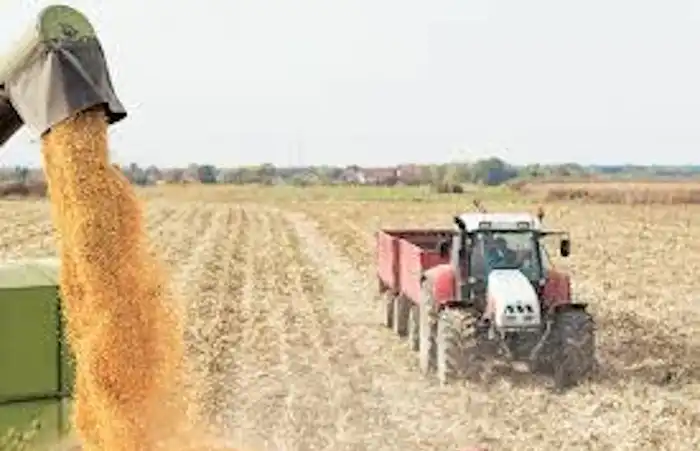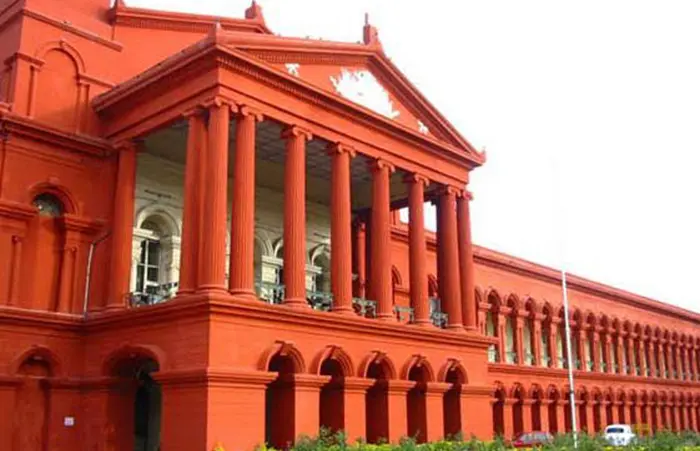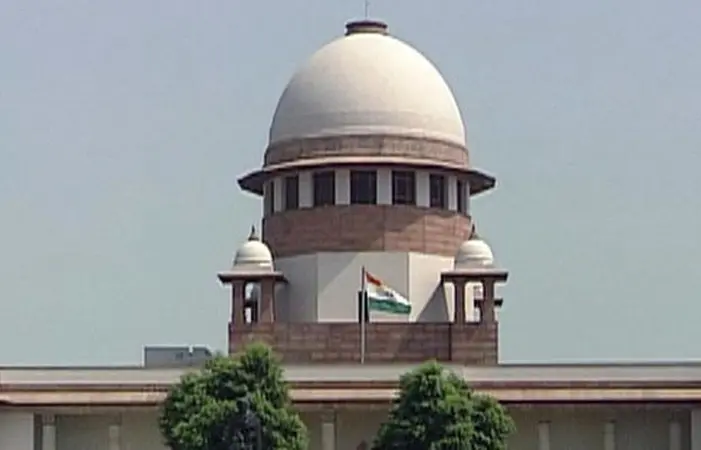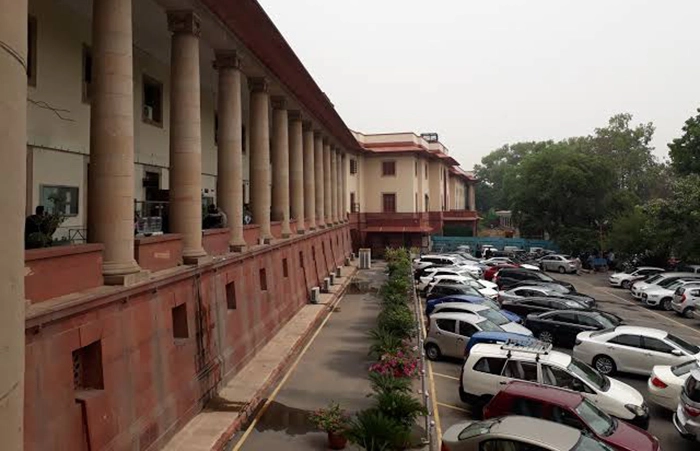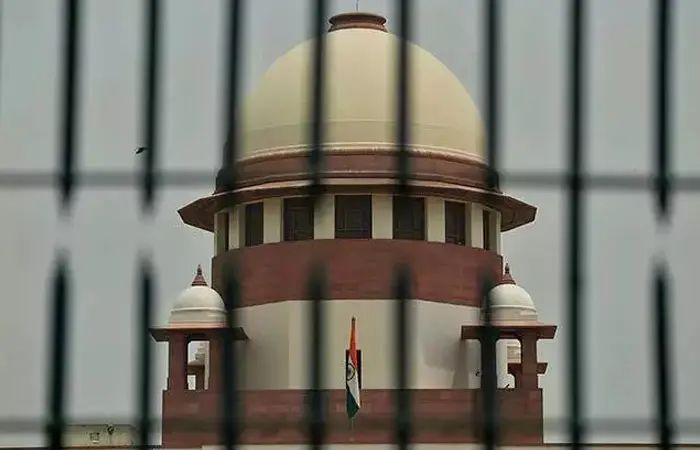The Rashtriya Raksha University Bill, 2020 and The National Forensic Sciences University Bill, 2020 have recently been passed by both houses of Parliament.

News and Blogs
The Parliamentary Standing Committee on Personnel, Public Grievances, Law and Justice headed by Rajya Sabha MP Bhupender Yadav released an interim report on the ‘Functioning of virtual courts/court proceedings through video conferencing after the COVID-19 pandemic’.
A move by the High Court of Karnataka to set up virtual courts for traffic challans might not just reduce the burden on courts but also lessen Bengaluru’s traffic woes.
People often ask the question ‘Who am I?’ during the course of their lives as a point of reflection, hoping to dig deep and come up with incredible insights. When I dwell upon the same, I find that my professional identity becomes the defining feature of my persona.
The debate over the recent Karnataka Land Reforms (Amendment) Ordinance has brought into focus the contestations over land in rural India.
‘I often think about how litigation or the threat of litigation affects people. It takes over one’s whole life. The fear of the lawyers and the courts, the delay, the tension when you have to appear…. It is time-consuming, expensive and nerve-racking.’
Harish Narasappa and Sarayu Natarajan explore the wide-ranging implications of judicial delays on Indian society, delve into why delayed justice is such a pernicious problem, and talk about how it can be addressed.
New Delhi: Delay by courts in deciding cases is forcing the public to resort to extra-legal measures to solve their disputes and law-abiding citizens are becoming lawbreakers, retired Supreme Court (SC) judge justice RV Raveendran said last week.
I take great pleasure on releasing Justice Frustrated: The Systemic Impact of Delays in Indian Courts, the third in the series of Rule of Law Project, edited by Shruthi Vidyasagar, Shruthi Naik, and Harish Narasappa.
Leah Verghese and Surya Prakash from Daksh India talk to host Pavan Srinath about how a 21st-century justice platform can transform access to justice for Indians.
The COVID-19 pandemic and the resulting lockdown will change the way many institutions are structured and will alter how we go about our daily activities. The judiciary is no exception.
Bengaluru: It was only a matter of time before Covid-19 reached India’s overcrowded prisons, currently running at 118% of capacity and reaching as high as 176.5% in Uttar Pradesh.

-
Rule of Law ProjectRule of Law Project
-
Access to Justice SurveyAccess to Justice Survey
-
BlogBlog
-
Contact UsContact Us
-
Statistics and ReportsStatistics and Reports
© 2021 DAKSH India. All rights reserved
Powered by Oy Media Solutions
Designed by GGWP Design
